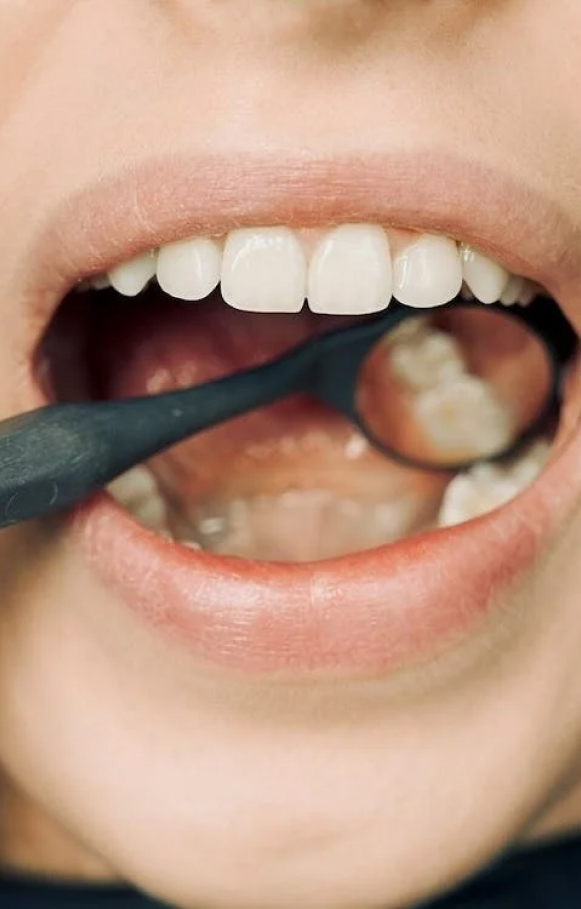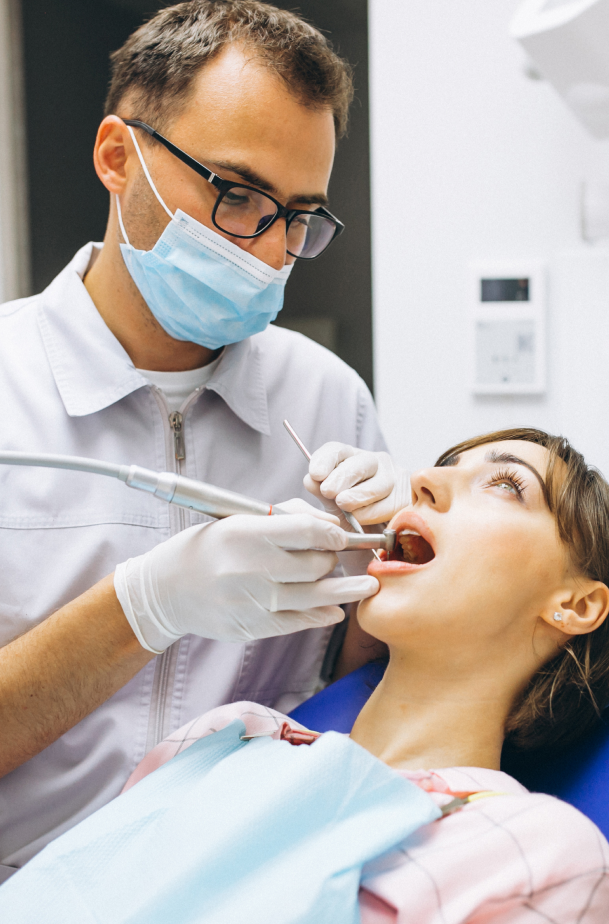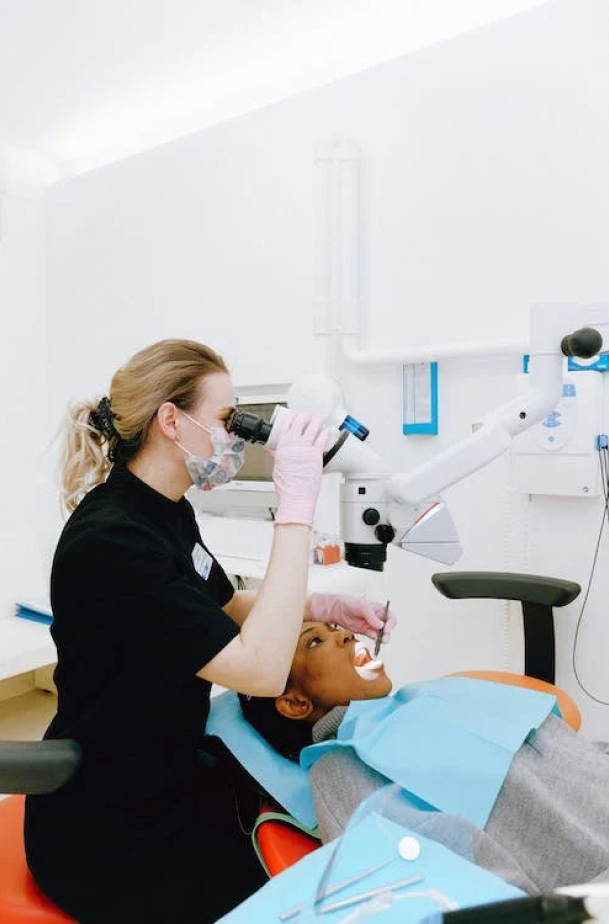Wisdom Teeth Removal Bankstown

What Are Wisdom Teeth Removal Medicare & Do I Need Them Removed?
Wisdom teeth usually emerge from the gums between the ages of 17 and 24. They are the last teeth to push through the gums. Some people never develop wisdom teeth removal surgery.
If you do not have enough space for Wisdom Tooth Removal, they will become impacted, causing painful swelling or infection. Impacted Broken teeth need to be surgically removed in order to relieve the symptoms.
After Extraction
After wisdom tooth extraction, you should rest until the effect of the anaesthetic or sedation has passed. After local anaesthetic it may take several hours before the feelings come back, you should take special care not to bump or knock the area.
You will be able to go home when you feel ready for dental care. If you are given general anaesthetic or sedation you will need to arrange for someone to drive you home.


Care After Removing
Wisdom Teeth Bankstown
We generally would ask you to come in for review in 2 weeks. Stitches/sutures generally dissolve themselves and if not we remove them for you.
It is very important to remember five rules
- DO take some pain killers after the procedure as per advised by us
- DO use a mouthwash twice daily (warm salty mouthwashes or commercial mouthwashes)
- DO use cold packs over your cheeks for a couple of hours after the surgery ON and OFF
- DON’T spit out any blood for the first 24 hours to prevent recurring bleeding
- DON’T smoke for the first 24 to 48 hours to promote better healing
You can call our front desk at (02) 9790 3336 Mon – Fri 9am – 8pm, email us at enquiry@smilelinedental.com.au or fill the Contact Form
FAQ Removing Wisdom Teeth
Each person reacts differently to discomfort during wisdom tooth extraction. After the operation, some people could have soreness and swelling, which a dentist or oral surgeon can manage with pain medication. However, compared to the past, improvements in anaesthesia and surgical methods have made the procedure less painful for many individuals.
The routine removal of wisdom teeth is no longer recommended by experts for a number of reasons. First of all, not every wisdom tooth causes issues or pain. Second, the surgery to remove them has dangers like infection, nerve injury, and anaesthesia-related issues. The proper alignment and functionality of neighbouring teeth can also be maintained by keeping wisdom teeth. If issues develop, though, specific cases can still need removal. To get specific guidance, speak with a dental expert.
It is normally advised to wait at least an hour before eating after wisdom tooth removal. It’s crucial to stay away from hot, spicy, and crunchy foods during this early healing time because they can irritate the surgical sites. Choose soft foods instead, such as pudding, yoghurt, mashed potatoes, soup, and smoothies. You can gradually add solid foods into your diet as your recovery process advances. You can adhere to the guidelines provided by Smileline Dental Care for a speedy recovery.
Each person’s level of wisdom teeth pain is different. However, in general, the discomfort brought on by wisdom teeth seems to be most severe when they first begin to develop and are pressing through the gums. Inflammation, discomfort, and perhaps even infection, can result from this. A dentist should be consulted for an accurate diagnosis and course of action for wisdom tooth pain.
Impacted wisdom teeth extraction is the most challenging type of wisdom tooth removal. When wisdom teeth don’t have enough room to fully emerge or develop normally, they become impacted. Complications include infection, discomfort, and harm to neighbouring teeth may result from this. The surgical removal of impacted wisdom teeth frequently necessitates the extraction of teeth that are positioned deep within the jawbone.
There are various steps in the wisdom teeth removal process. Consult your oral surgeon first to go over the surgery and any worries you might have. Observe their recommendations for adjusting your medication and fasting before surgery. After the procedure, make plans for someone to drive you home because you might still be feeling the effects of the anaesthesia. Stock up on cold packs, soft meals, and painkillers in advance of the healing process.
After having your wisdom teeth removed, sip water slowly and avoid using a straw. The blood clot won’t be moved and the healing process will be aided by drinking from a glass or cup without causing suction. To calm the surgical region, make sure the water is either cool or at room temperature
Brushing your teeth the morning of wisdom tooth removal is normally advised, but it’s critical to adhere to the precise recommendations given by your oral surgeon. To avoid aggravating the extraction sites or possibly dislodging blood clots, brush gently while avoiding them.
After having your wisdom teeth removed, it’s usually advisable to wait at least 24 hours before consuming solid foods. Maintain a liquid or soft food diet for the first few hours to prevent obstructing the healing process. For the best healing, adhere to your oral surgeon’s post-operative instructions.
The complexity of the extraction, the number of teeth being taken, and the unique circumstances of the patient can all affect how long the surgery takes. The process can take anywhere from 45 minutes to 2 hours on average. Based on your unique scenario, your oral surgeon will give you a more precise estimate.
